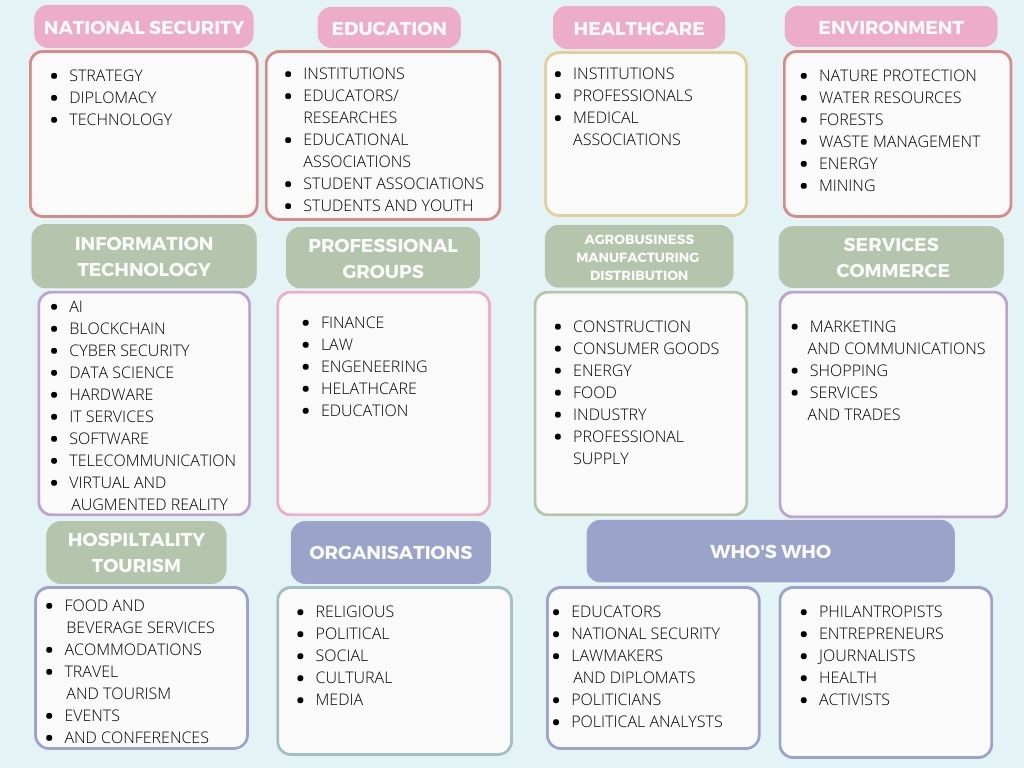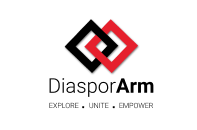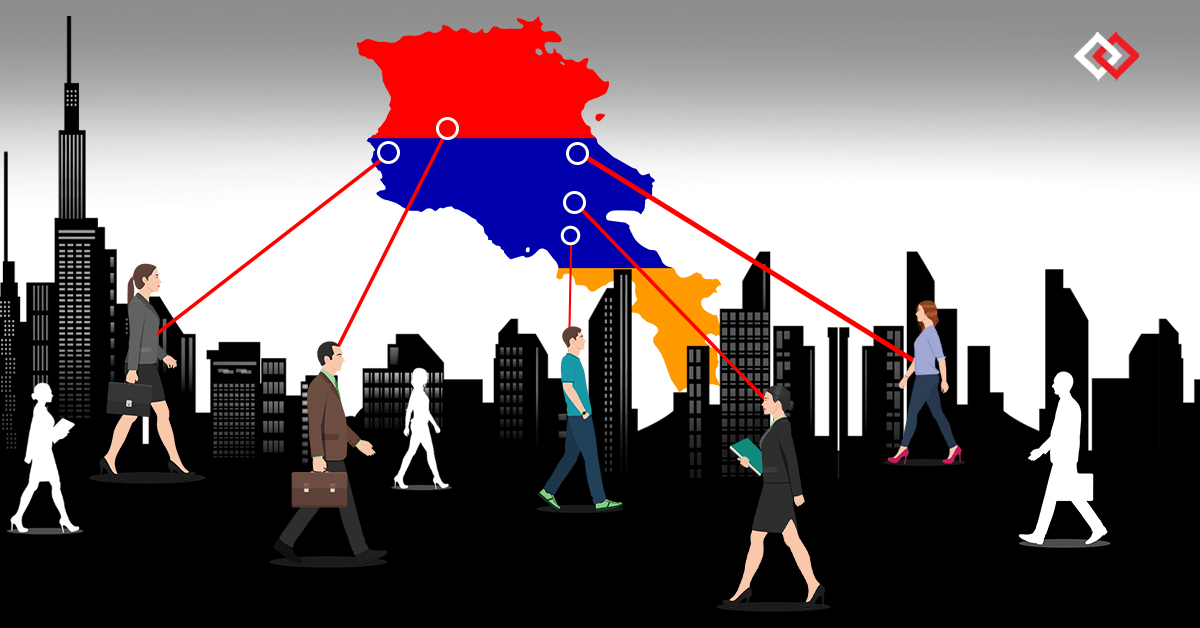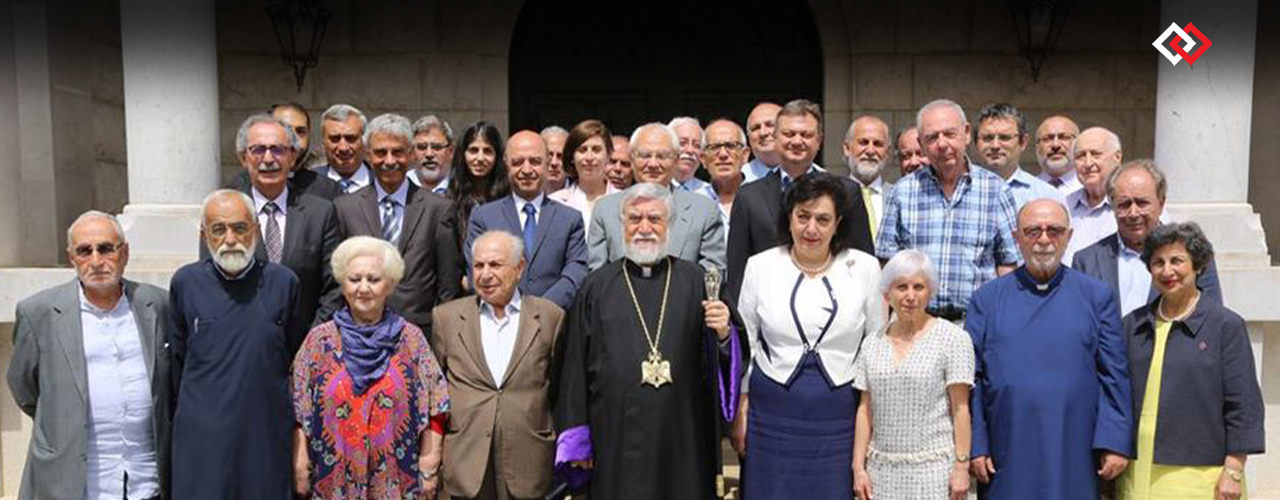While the Diaspora is a gold mine of talents and wealth, the lack of networking hinders its empowerment. As a case in point, the estimated number of French Armenian students is around 20.000, yet the Armenian Students Association of France comprises just 200 members. This disparity prevents Armenian students from accessing vital resources and opportunities and from connecting with their community. With the aim of bridging this gap, a groundbreaking initiative is being established, a comprehensive networking platform to enhance existing ones with the objective of fostering global connections among individuals and organizations. Recognizing the need for change, the proposed networking platform aims to address these challenges and empower the Armenian Diaspora in a significant way.
Objectives: The key objectives of this ambitious project are as follows:
- Facilitate Student Networking: The platform will enable the identification and linkage of Armenian students across various disciplines, such as nanotechnology, biotechnology, and Armenian studies. This notable feature will foster collaboration, promote knowledge sharing, grant students access to critical resources, and provide valuable mentorship opportunities.
- Connect Professionals: Allow searching for professionals by their specialization, such as international law or Intellectual Property law for lawyers. This will facilitate collaboration, career development, and knowledge exchange.
- Sort and Filter Businesses: The platform will provide the ability to sort and filter businesses based on their domain of activity, annual turnover, number of employees and number of stores. This feature will assist entrepreneurs in identifying potential partners, investors, or business opportunities within the community.
- Comprehensive Non-Governmental Organization Listings: A comprehensive list of organizations will be created, including details such as their mission, location, area of focus, board members, endowment funds, annual budget, and operational expenses. This information will help evaluate the potential and capabilities of various organizations, promoting effective collaboration, resource sharing and allow for more informed donors and beneficiaries.
- Global “Who’s Who” List: The platform will create a global directory, highlighting individuals who have significant influence in their respective fields, including government officials, journalists, industrialists, philanthropists, intellectuals, and educators. This feature will enhance visibility, networking opportunities, and collaborations.
Methodology: To achieve these objectives, the following methodology will be implemented:
- Data Collection and Accessibility: Armenian organizations, associations, institutions, enterprises, and influential individuals will be identified, and their information made accessible through a searchable and filterable platform. Compliance with personal data protection rules will be ensured when sharing this information with partner organizations.
- Collaborative Partnerships: Formal memorandums of understanding (MoUs) will be established with relevant organizations to facilitate cooperation and collaboration. This will encourage a robust networking ecosystem within the Armenian Diaspora.
- Comprehensive Census: To ensure the platform’s comprehensiveness and accuracy, a ground-level census will be conducted by hiring individuals in various countries, states, and cities, particularly in areas where institutions are lacking. This census will continually update and expand the database, open to suggestions and nominations.
New Capacity Required: To successfully implement this transformative project, the following new capacities are required:
- Platform Development: The development of the platform for registration, storage, and management of networking data should prioritize key factors such as user-friendliness, security, and scalability.
- Census Agents: Skilled agents will be recruited to conduct the census, calibrate the data, and ensure its accuracy and relevance. These agents will play a vital role in expanding and maintaining the database.
- Data Management Policies: Robust policies, security protocols, and procedures will be established to add, update, and maintain the networking data.





